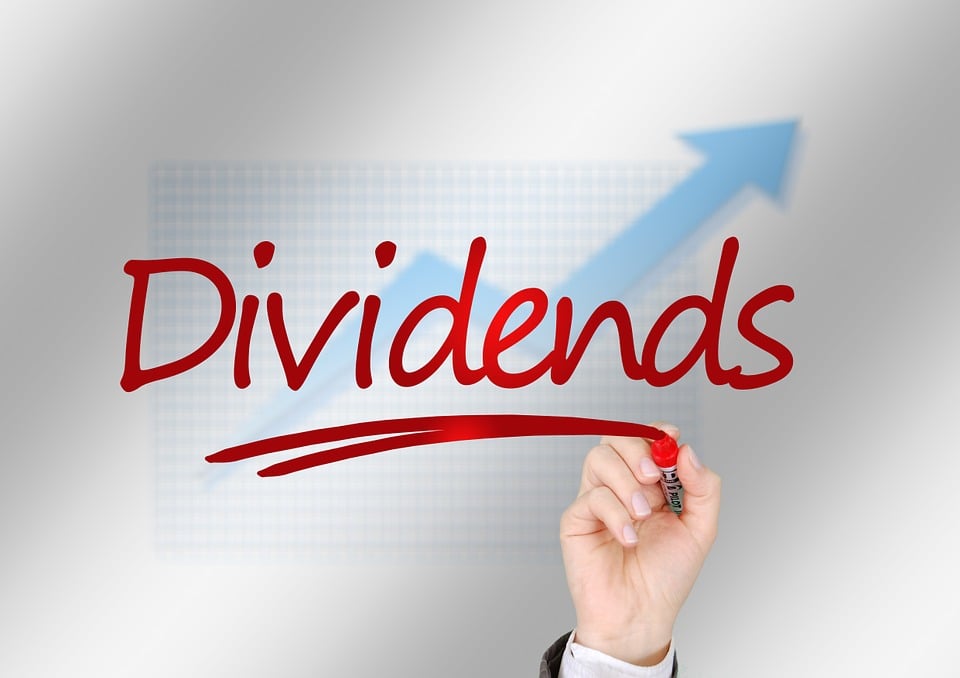Summary Report: Lincoln National

Image Source: Pixabay
Founded in 1905 and headquartered in Radnor, Pennsylvania, Lincoln National Corp. (LNC) operates multiple insurance and retirement businesses.
The company's three operating segments include (1) Annuities, (2) Retirement Plan Services, and (3) Life Insurance and Group Protection.
Its products include fixed and indexed annuities, variable annuities, universal life insurance (UL), variable universal life insurance (VUL), linked-benefit UL and VUL, indexed universal life insurance (IUL), term life insurance, employer-sponsored retirement plans and services, and group life, disability, and dental.
Three key data points gauge Lincoln National or any dividend-paying entity, namely:
(1) Price
(2) Dividends
(3) Returns
Those keys also show if any company has made, is making, and will make money.
LNC Price
Lincoln National’s share price fell about 2% in the past year from $33.31 to $32.68 as of Wednesday’s closing price.
LNC Dividends
Lincoln National has paid quarterly dividends since August 1989. The current forward-looking annual dividend of $1.80 yields 5.51% per Wednesday’s $32.68 closing price.
LNC Returns
Putting it all together, a $7.12 estimated gross gain per share shows up when adding Lincoln National’s annual $1.80 dividend to an estimated $5.32 analyst estimated annual price gain, totaling that $7.12 gross gain.
A little over $1000 invested at the recent $32.68 price would buy 31 shares, which multiplies the $7.12 gross gain to $220.72.
Furthermore, about 25% of that $220 gain comes from the $55.10 in dividends generated from your $1,000 investment, and the $55.10 amounts to over 1.6 times the recent $32.68 single-share price.
(A dividend dogcatcher rule is to buy a stock that pays an annual dividend from $1000 invested that is greater than the cost of a single share.)
Therefore, you may choose to pounce on Lincoln National and its 5.51% dividend yield along with its 36-year dividend record.
The exact track of LNC's future prices and dividends will be entirely determined by market action and company finances.
Remember, the best way to track stock performance and dividend payments is through direct ownership of company shares.
More By This Author:
Stock Analysis: ING Groep
Summary Report: Columbia Banking System
Summary Report: AllianceBernstein
Disclaimer: This article is for informational and educational purposes only and should not be construed to constitute investment advice. Nothing contained herein shall constitute a ...
more


